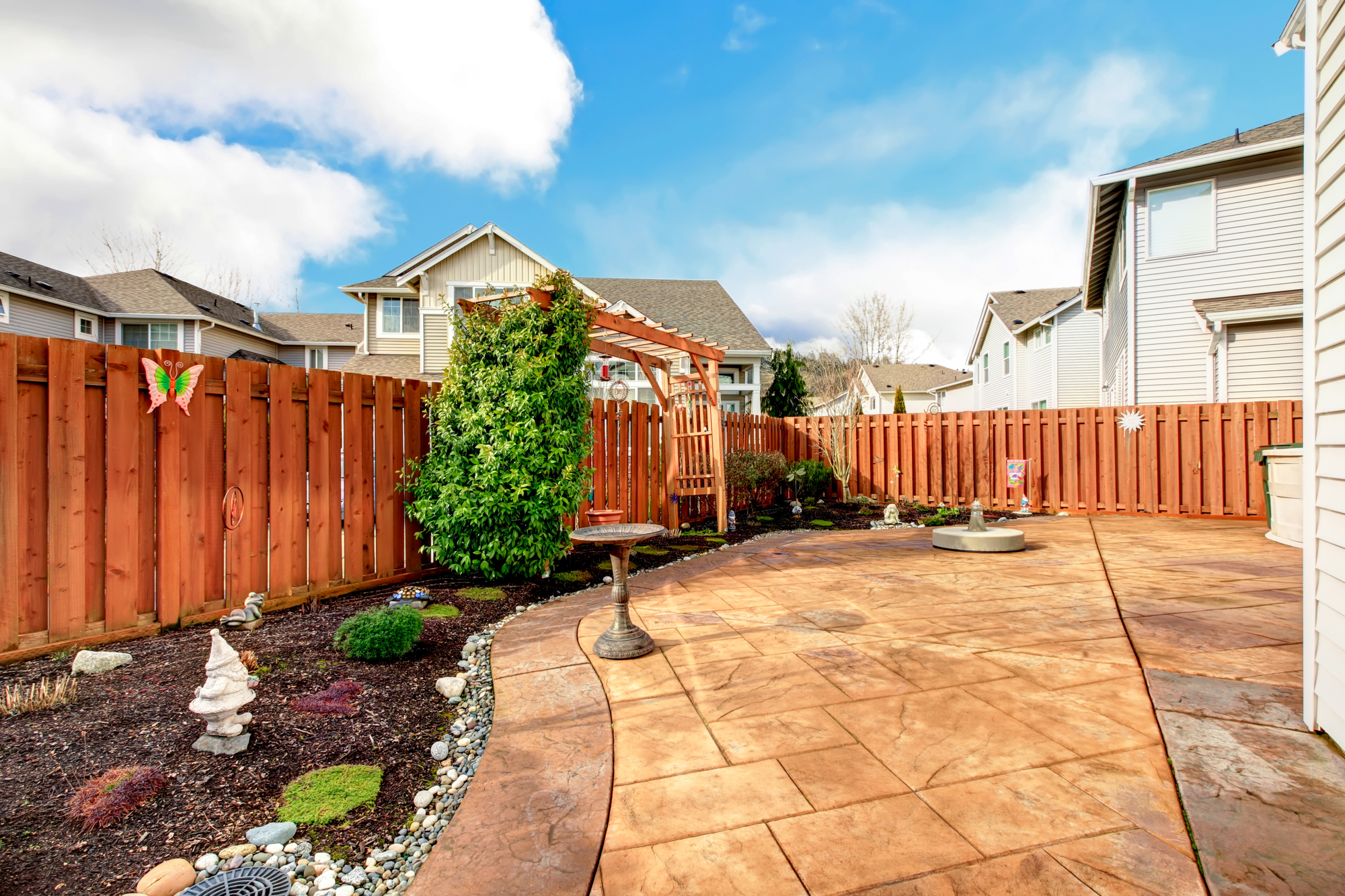
Installing mulch is a great way to spruce up the outdoor area of your home and give it an immaculate look. It can transform an average landscape into something stunning that looks like it’s straight out of a gardening magazine. Mulching during summer is especially popular among homeowners as it helps keep their yard looking neat and clean.
Using mulch in flower beds is an effective way to add texture, create interesting designs, and stop weeds from disturbing the growth of your beautiful flowers. Besides having an attractive appearance, mulch provides various benefits for your plants. It helps retain moisture in the soil, prevents water evaporation, acts as insulation for trees and shrubs, and slowly decomposes to enrich the soil similar to compost.
Applying mulch can be incredibly beneficial for your yard, but it can also provide a hospitable environment for pests. This is because the soil conditions are perfect for cockroaches, ants, and termites to thrive in.
So yes, mulch attracts pests!
What is Mulch & Why Does It Attract Pests?
Mulch is a material used to cover soil and help retain moisture. It can also provide nutrients and other benefits to plants. But unfortunately, mulch can also attract pests, making it important to be aware of the potential risks before using it in your garden or landscape.
Here are 10 reasons why mulch can attract pests and what you can do to prevent them from taking over your garden:
1) Mulch can become contaminated with animal excrement, organic waste, and decomposing plant material. Pests like to use these materials as food. If the mulch becomes contaminated with this material, it can cause an infestation of insects and disease-carrying bugs. This is one way that pests will be attracted to your garden or landscape.
2) The surface area of mulch is typically larger than the size of a piece of straw and therefore lets more light through to the ground below. Light may not be necessary for plants, but it is necessary for attracting insects.
3) Mulch can be a haven for worms, mites, and other pests which are often ground-dwelling insects that cannot fly. They use mulch to hide in and they will take advantage of any gaps between the mulch.
4) The heat radiating off of the soil underneath a pile of mulch can cause plants around it to dry out and wilt quickly. This is especially true if there are large holes where the sun can hit your plants directly.
5) The warmer temperatures at the top of a pile make it more humid which attracts more pests – including those that prey on plants.
6) Mulch can create a habitat for other insects that you don’t want in your garden.
7) Avoid areas where your plants are and where they could be walking or sitting down to avoid puncturing the mulch with their roots, which creates a home for worms, mites, and other pests.
8) Piles of mulch near exterior doors can provide entry points for insects like ants, cockroaches and mice.
9) Don’t use mulch that is infested with pests or disease-causing organisms. If a bag of mulch has been sitting in your garage, trash pile, or compost bin for a while, it may be too hot to use and should be thrown away. Alternatively, if you’re using fresh grass clippings (as opposed to dried), you should make sure they haven’t been sprayed with pesticides before using them as your mulch.
10) If you do use wood chips or bark, make sure that the chips are dried for at least six months before mulching.
Favorable living conditions, such as warm temperatures, food sources and shelter, can attract pests and increase their population. These conditions are often found in areas with high humidity levels, unhygienic surroundings, or inadequate pest control measures.
Understanding the environmental factors that influence pest activity is essential for preventing infestations and promoting a healthy living environment.
Are There Pest-Resistant Mulch Available in the Market?
Definitely yes! Pest-resistant mulch is a great way to protect your plants and garden from pests without using harsh chemicals. There are many types of pest-resistant mulch available on the market, each with its own advantages and disadvantages.
Some of the most popular types include organic mulches, rubber mulches, and plastic mulches. Organic mulches can be made from natural materials like:
- Grass clippings
- Straw
- Wood chips
- Nutshells
- Bark
- Leaves
- Moss
Inorganic mulch which consists of rubber and plastic mulches are both long-lasting options that can help to repel pests while also providing additional insulation for your plants.
Plastic mulch is a smart way to control whiteflies, aphids, and leafhoppers in gardens and ornamental plants. It does this by confusing and disorienting the insects, making it difficult for them to access the plants. Using plastic mulch when creating a reflection can be a great way to keep these pests away from your garden.
Which Should You Choose? Organic or Inorganic?
Deciding between organic and inorganic mulch can be a difficult task. Organic mulches are often made of natural materials such as wood chips, pine needles, manure and other plant materials while inorganic mulches are usually manufactured from plastic or rubber products.
Each type of mulch has its own set of advantages and disadvantages, so it is important to choose the one that best suits your needs. No matter which type you choose, pest-resistant mulch can help to keep your garden safe from unwanted pests.
Managing Pests in Your Charlotte, NC Home—Call Main Street Mulch!
You have learned about the different kinds of pests that may be in your mulch and which types of mulch work best to repel them. If you come across ants, termites, or other pests near your mulch, Main Street Mulch can provide assistance. We’re based in Charlotte, NC and are one of the top-rated pest control companies in the area. We use safe products, and you can feel confident we’ll get the job done.
Get in touch with us today to learn about our pest control services!
